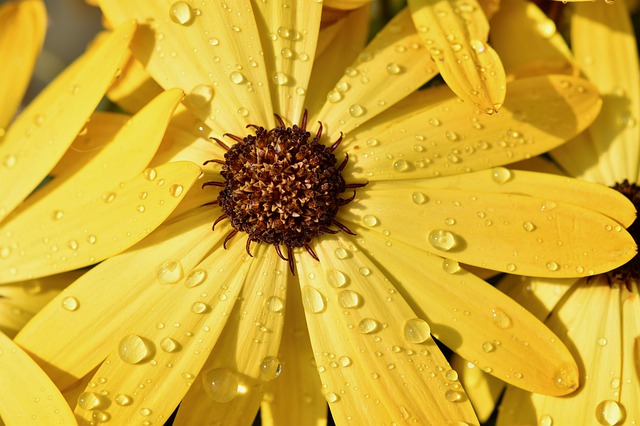
Horticulture is a fabulous way to grow veggies and fruits in your door. There is nothing that tastes better than fresh tomatoes on salad or the entire salad grown from your own garden. The following article will enable you with advice to make your horticulture experience the best.
To prevent your plants’ systems from becoming shocked, you need to gradually transition them from higher to lower temperatures. Put them out in the sun for approximately one to two hours on the very first day. Over a week, increase the time outside slowly. After a week’s time, the plants should be fine staying outside.
Your plants need to adapt and must be gradually introduced to changes of environment. Put them out in the sun outside for a couple of hours during the first day. As the week progresses, gradually extend the duration of sun exposure. By the week’s end, you should have plants that are ready for a permanent home outside with no problem!
Select plant types that will bring a relatively high yield.
If you start to notice some powdery mildew growing on your plants, there is no need to waste money on expensive chemicals. Combine a bit of liquid soap and some baking soda with water. You just need to spray your plants with this solution once every five days until the mildew is no longer visible. Baking soda won’t harm your plants, and takes care of the mildew efficiently and gently.
Brighten up your garden with biennials and biennials. You can also use these flowers to fill any spaces between shrubs and perennials when they are in the sun.Some plants to get you started include petunia, marigold, sunflower, cosmos, or sunflowers.
Baking Soda
The first thing you should do when planning a garden is test the soil. For a small fee, a soil analysis can be obtained – based on that report – the soil can be properly enriched to support a vibrant garden. The cost of the analysis will be easily offset by the benefits of a healthy and vibrant crop.
You don’t need a costly chemical treatments for plant mildew.Mix a little liquid soap and some baking soda into water. Spray this onto your plants about once per week or until the mildew disappears. Baking soda treats the mildew without damaging your plants.
When gardening, beware of stink bugs and other insects, keep an eye on those stink bugs. They like fruits, citrus, tomatoes and many fruits. If left unattended, these pests can damage the garden, so it’s best to do all you can to get rid of them.
Your plants will reach maximum growth if they have a sufficient supply of carbon dioxide. A high level of CO2 provides an optimum environment for growth. Greenhouses help contain C02 to keep levels high. CO2 levels, when kept high, give your plants optimal growing conditions.
Be diligent in your garden.Weeds can take over a beautiful garden into an eyesore. White vinegar is a natural herbicide. White vinegar will definitely kill those pesky weeds. If you don’t want to take the time to remove the weeds by hand, make a white vinegar solution and keep it handy for a quick spray when needed.
Plant bulbs in your garden if you want flowers through spring and summer flowers. Different bulbs bloom at various times, so if you choose appropriately, you can have blooms from early spring to late summer.
When mowing your lawn, be careful not to cut the grass too far down. Higher grass has deeper roots, meaning a healthier lawn that will be less likely to dry out. The shorter the grass, the shallower the roots, which makes the lawn more likely to develop brown patches.
Deciduous shrubs should be protected from the cold. Tie together the tops, and cover the wigwam with a sheet or blanket draped loosely over it. This will work better than wrapping your plant with plastic, because air can still circulate, which can prevent rotting.
A good green garden must be grown from seeds and not plants. The most “green” way to start a new garden is to start with seeds. The plastics used in nurseries are rarely recycled and ends up in landfills, that is why it is advised to use seeds or purchase from nurseries that make use of organic materials when packaging their plants.
Don’t plant a garden without planning it. This helps you remember where each plant was planted before they begin to sprout. You are also less likely to lose smaller members of the larger garden in the overall mix.
American Cranberrybush
Think about putting some berry-producing evergreens into your garden. Some plants that will provide color in the winter include the American Cranberrybush, Common Snowberry, American Cranberrybush, and the Winterberry.
Try to ensure your plants are dry and have enough air, daily! If your plants are moist, this can attract disease and parasites. Fungus infections are common in overly moist plants. Although fungi can be treated with sprays, it is possible to preempt the problem and very important to plant health that you do so.
Horticulture gives you instant access to all of your favorite fresh fruits and vegetables. Using the vegetables and fruits in your meals will make you feel proud. Apply the tips from this article to make the most of your gardening experience.